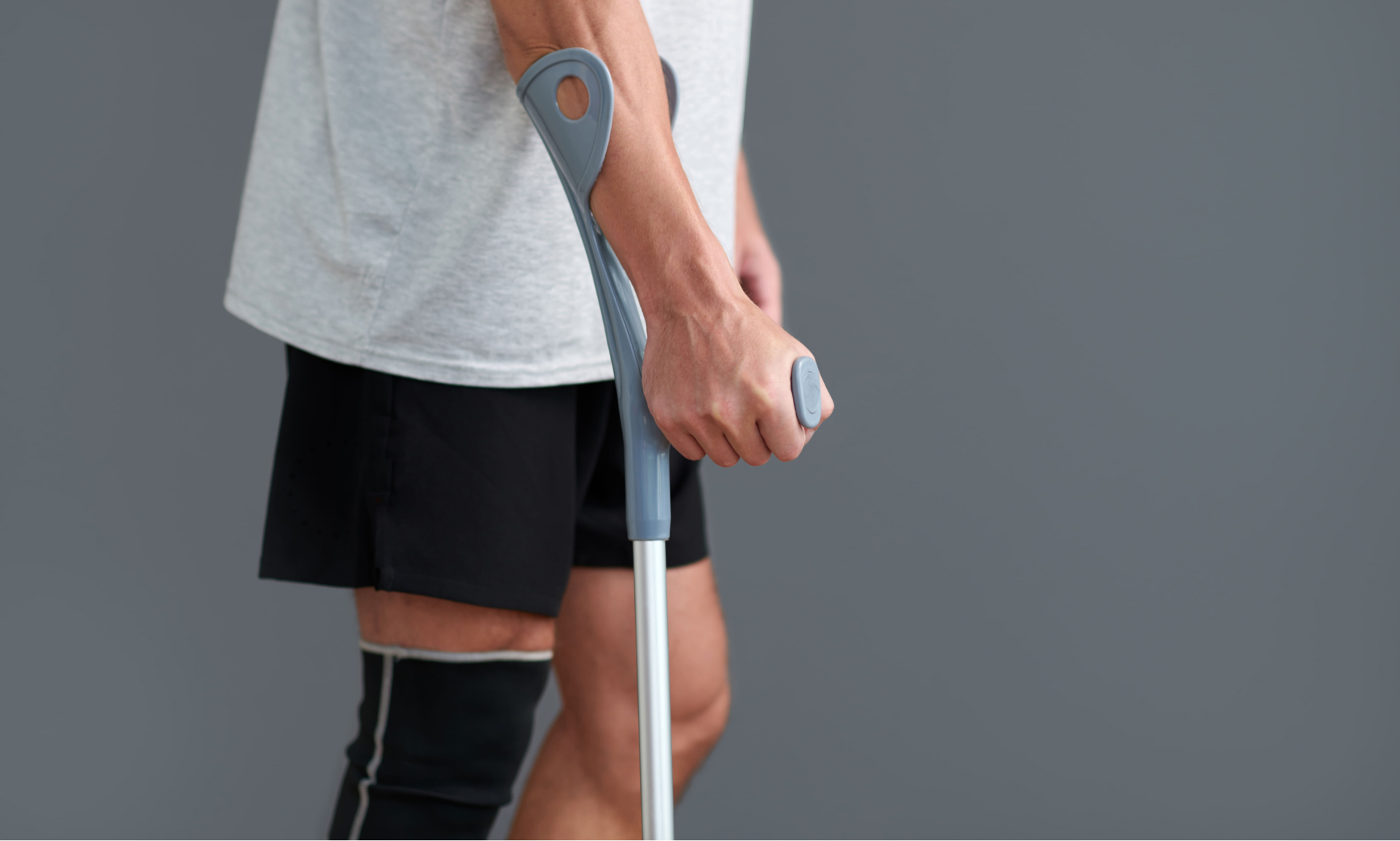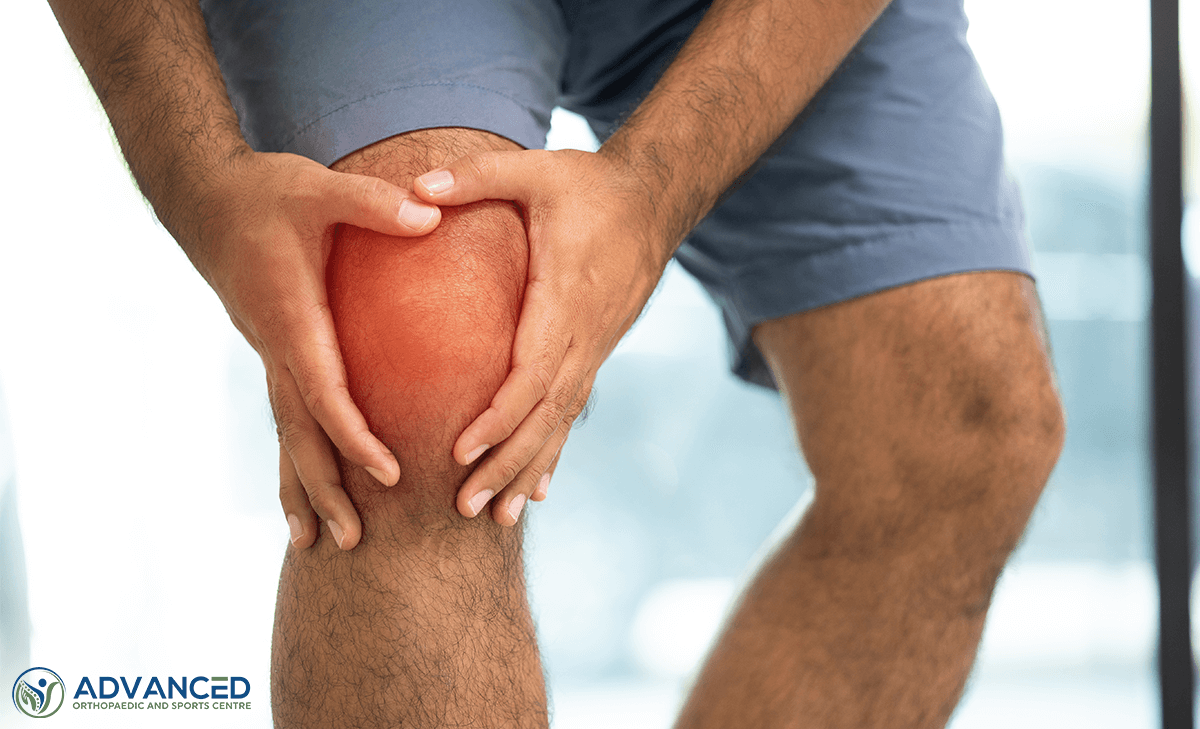Overview of Post-Surgery Care for Knee Replacement
The initial weeks after knee replacement surgery lay the foundation for optimal recovery. Proper care, adherence to prescribed rehabilitation exercises, and attention to the body’s signals ensure a smooth and effective recovery process.
Knee replacement surgery demands a comprehensive post-operative care regimen to achieve the best outcomes. This includes managing pain, preventing infection, and gradually increasing physical activity under the surgeon’s guidance.
To avoid compromising the recovery process, people should steer clear of the following mistakes:
Ignoring the Doctor’s Instructions on Rehabilitation Exercises
Ignoring or inconsistently following the doctor’s instructions on rehabilitation exercises can lead to several complications:
Delayed Healing: Inadequate exercise can result in stiffness and weakness, prolonging recovery.
Reduced Mobility: Failure to perform prescribed exercises can limit the knee’s range of motion, affecting the overall functionality of the joint.
Increased Risk of Complications: Lack of movement can lead to blood clots, increased swelling, and the risk of infection.
The rehabilitation program is tailored to the patient’s specific needs. Skipping these exercises or not taking them seriously can impact the surgery’s success and the patient’s ability to return to normal activities.
Overexerting the Knee Too Soon After Surgery
Avoid straining the knee before it has adequately healed. While it is important to stay active and follow a rehabilitation program, a fine balance between exercise and rest must be maintained to ensure a successful recovery.
Overexertion can lead to several adverse outcomes:
Increased Pain and Swelling: Exceeding the knee’s capacity can increase discomfort and delay healing.
Damage to the New Joint: Excessive force or premature weight-bearing activities can jeopardise the new knee joint.
Slower Recovery: Overworking the knee can exhaust the body’s healing resources, slowing the recovery timeline.
Progressing through the recovery process at a measured pace helps patients avoid setbacks and ensures a smoother rehabilitation period.
Inadequate Pain Management and Over-Reliance on Medication
Inadequate pain management can hinder a patient’s ability to participate in necessary rehabilitation exercises. In contrast, over-reliance on medication may lead to adverse side effects or dependency.
To navigate this aspect of recovery effectively, consider the following:
Multimodal Pain Management: This approach combines different types of pain management strategies, such as oral medications, ice packs, elevation, and gentle exercise. By using various methods to control pain, patients can often reduce their reliance on pain medication. Do note that this should always be conducted under medical supervision.
Regular Communication: Patients should regularly discuss their pain levels and medication effects with their surgeon. This allows for adjustments to the pain management plan as needed, ensuring it remains effective without causing undue reliance on medication.
Self-Monitoring for Side Effects: Potential side effects of pain medications include nausea, constipation, dizziness, and the risk of addiction. Patients should monitor themselves for these effects and report them to their surgeon.
Missing Post-Operative Follow-Up and Assessment Appointments
Attending post-operative follow-up and assessment appointments is necessary for monitoring the progress of knee replacement recovery. These appointments allow the surgeon to evaluate the surgical site’s healing, the knee joint’s functionality, and the rehabilitation program’s effectiveness. Skipping these appointments can lead to undetected complications and delayed intervention for arising issues.
These follow-ups include:
Monitoring for Complications: Early detection of possible complications, such as infection or issues with the implant, is vital for timely intervention. Regular assessments allow the surgeon to identify and address these concerns promptly.
Adjusting Rehabilitation Plans: Based on the patient’s progress, adjustments may be made to the rehabilitation exercises or overall recovery strategy. Continuous evaluation ensures the rehabilitation plan aligns with the patient’s needs and recovery goals.
Ensuring a successful recovery from knee replacement surgery requires a collaborative effort between the patient and their surgeon. Attending follow-up appointments enables a smoother recovery and a better overall outcome.
Overlooking the Importance of Using Assistive Devices
Assistive devices, such as walkers, crutches, or canes, are often recommended during the initial stages of recovery following knee replacement surgery.
Overlooking or prematurely abandoning the use of these aids can lead to an increased risk of injury and a setback in the recovery process.
Patients should adhere to the use of assistive devices for the following reasons:
Enhancing Stability and Balance: In the early recovery phase, the muscles around the knee are still weak, making it difficult to maintain balance. Assistive devices provide the necessary support to navigate this period safely.
Distributing Weight Evenly: To avoid placing undue stress on the new knee joint, it’s important to distribute body weight evenly. Assistive devices can help achieve this balance and promote proper healing.
Preventing Falls and Injuries: Falls are a significant risk after knee replacement surgery due to reduced mobility and balance, and using assistive devices as recommended can significantly reduce this risk.
Patients are encouraged to follow their surgeon’s recommendations regarding when and how to use these devices. Continuing the use of assistive devices until advised otherwise can delay recovery and increase the risk of complications.
Conclusion
Recovery following knee replacement surgery encompasses various aspects of care, and each step plays a crucial role in ensuring a successful recovery. Patients must avoid common mistakes and actively participate in their rehabilitation process as their surgeon recommends.
Acknowledging and respecting the body’s healing timeline while adhering to the guidance of medical professionals is paramount for achieving optimal results post-surgery.



